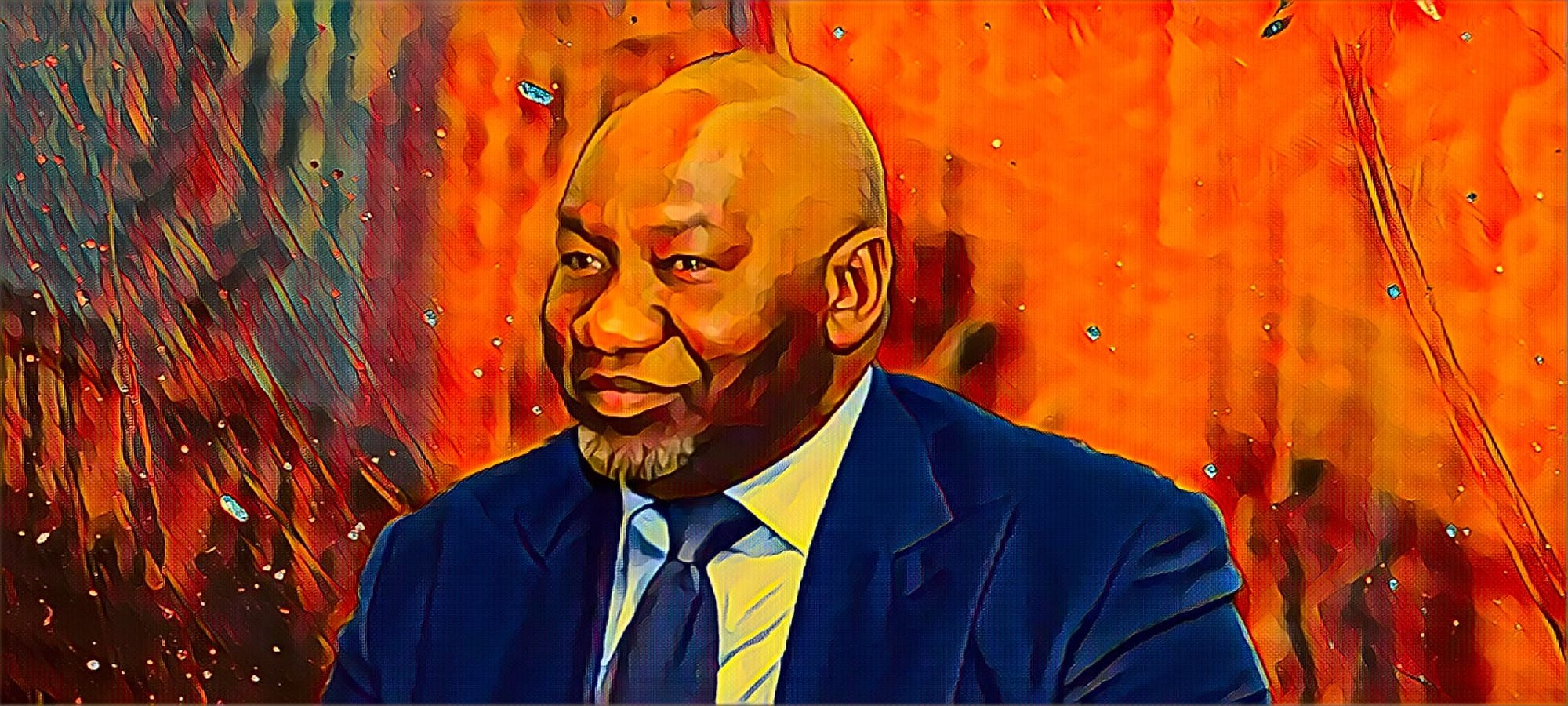Shell claims Nigerian billionaire Benedict Peters’ Aiteo owes $1.7 billion in oil loans

The Nigerian subsidiary of British multinational oil company, Shell Plc, as well as seven local banks, have disclosed that Aiteo Eastern E & P Company Limited, an energy company founded by Nigerian billionaire oil mogul Benedict Peters, owes a total of $1.7 billion in oil-related loans.
Aiteo Eastern E & P Company Limited, founded in 2013, is one of Nigeria’s largest indigenous oil exploration companies, producing over 90,000 barrels per day.
The Abuja-based company is an integrated energy company that focuses on petroleum product exploration, production, bulk storage, refining, supply, and marketing, as well as power generation and distribution services.
According to sources familiar with the transaction, the energy firm’s $1.7-billion debt can be traced back to its $2.4-billion acquisition of a pipeline and an operating interest in one of the nation’s most prized onshore oil blocks seven years ago.
Zenith Bank Plc, Fidelity Bank Plc, Guaranty Trust Bank Plc, and other Nigerian lenders loaned the Peters-led oil firm $1.5 billion to support the acquisition, while Shell – the asset seller-provided $504 million in financing.
Since then, Aiteo, Shell and the Nigerian lenders have been embroiled in a protracted legal battle after the creditors notified Aiteo that it was in default in October 2019.
According to an April 1 ruling by an English commercial court, Shell Plc disclosed that the debt owed had risen to $1.7 billion by the end of last year, up from less than $300 million in late 2019.
The increase in debt is due to missed repayments, unpaid interest, and default penalties, according to the financiers, who began an arbitration case against Aiteo in late 2020 when the amount was $910 million.
The creditors stated that if the $1.7-billion debt is not paid, it will cause significant damage to the West African country’s financial system.
A federal court in Nigeria recently granted Aiteo an injunction preventing its creditors from collecting on the alleged debt, as the Peters-led group denied being indebted and in default.
It claimed that the lenders were required to restructure its repayment schedule due to unforeseen “force majeure events,” such as rampant oil theft and pipeline leaks.